When you’re shopping for an RV, it’s easy to focus on the price tag and monthly payment.
But once you actually own one, there are extra expenses that don’t always come up in the sales process. Some are small, others can really add up.
And no, this isn’t about campsite fees or gas…
These are fifteen real-world costs that catch a lot of RV owners off guard once they’re already on the road, along with a few tips for keeping those expenses in check.
1. Waste Disposal (Dump Station Fees)
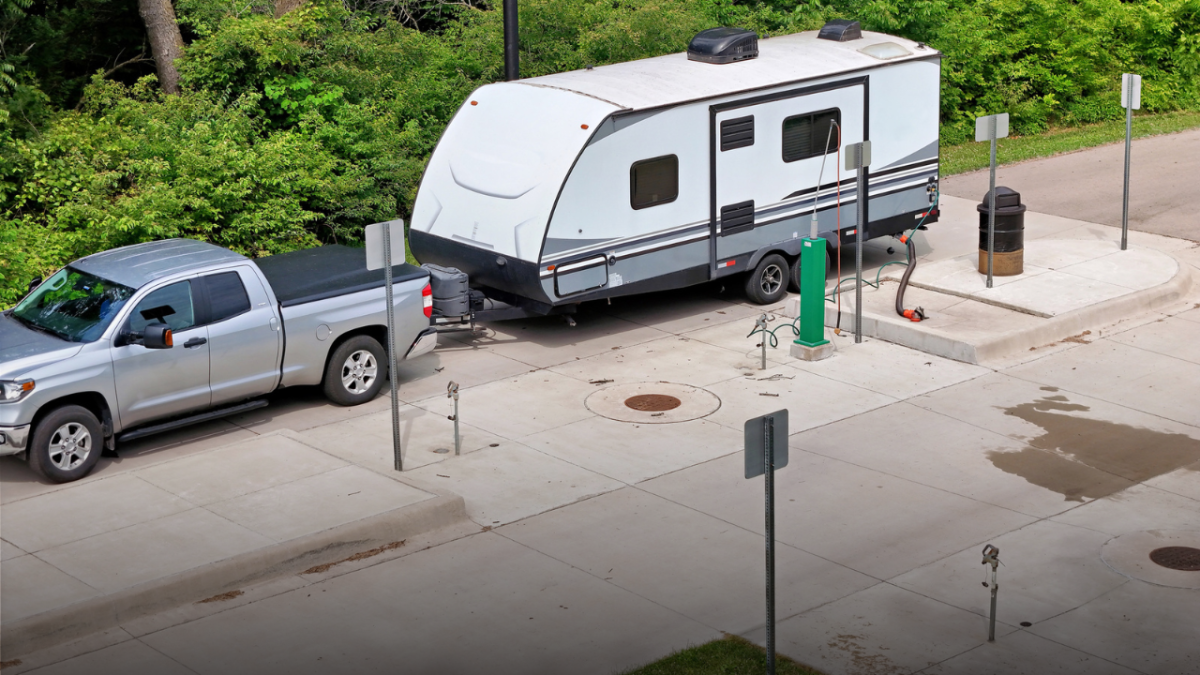
Most RVs have holding tanks for both gray water and black water. Those tanks need to get emptied regularly, and not every place lets you dump for free. Some campgrounds include dumping in the nightly rate, but if you’re just swinging by to empty your tanks without staying, there’s usually a fee. Same goes for dump stations at truck stops or rest areas in some states.
If you’re trying to keep costs down, there are apps that list free or lower-cost dump stations. You can even use our dump station directory (it’s the largest on the web). It takes a little planning, but avoiding the higher-priced ones adds up over time.
2. Storage Costs
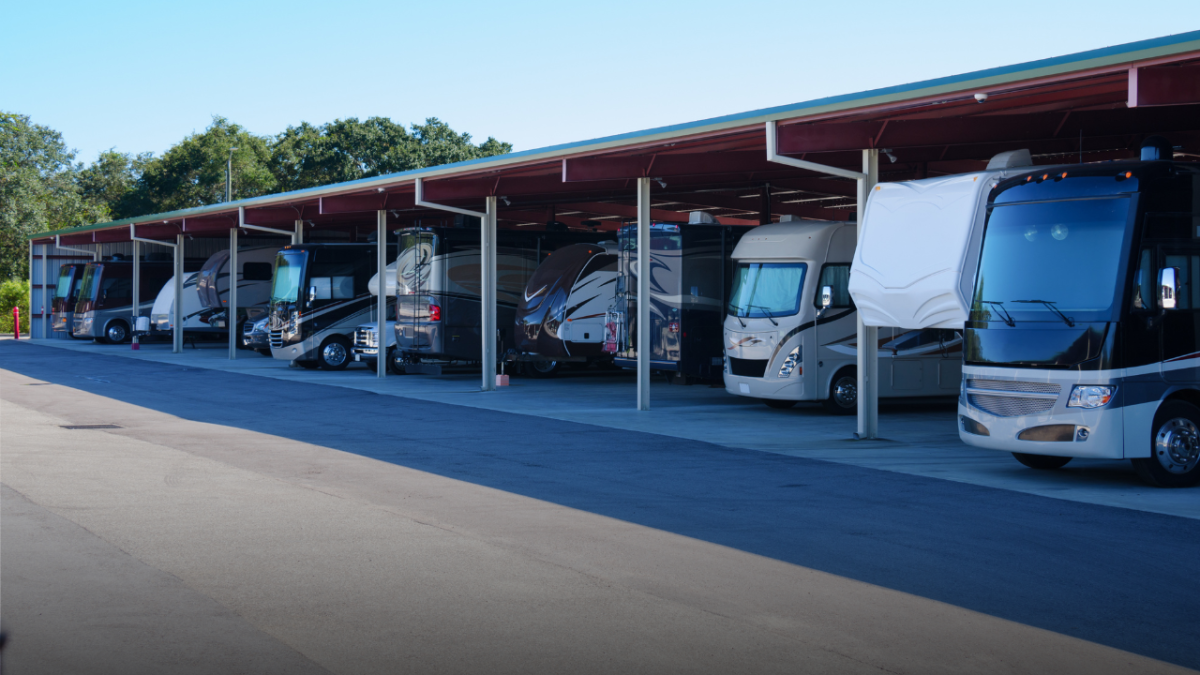
A lot of neighborhoods won’t let you park an RV in your driveway or on the street, so storage becomes one of those things people don’t always plan for. Depending on where you live, outdoor storage might run around fifty to a hundred dollars a month, while covered or indoor storage costs more.
If storage fees feel steep, checking places a little outside of town usually helps. The farther you go from city centers, the lower the rates tend to get. Use our RV storage directory to find the best option near you.
3. Generator and Fuel Costs
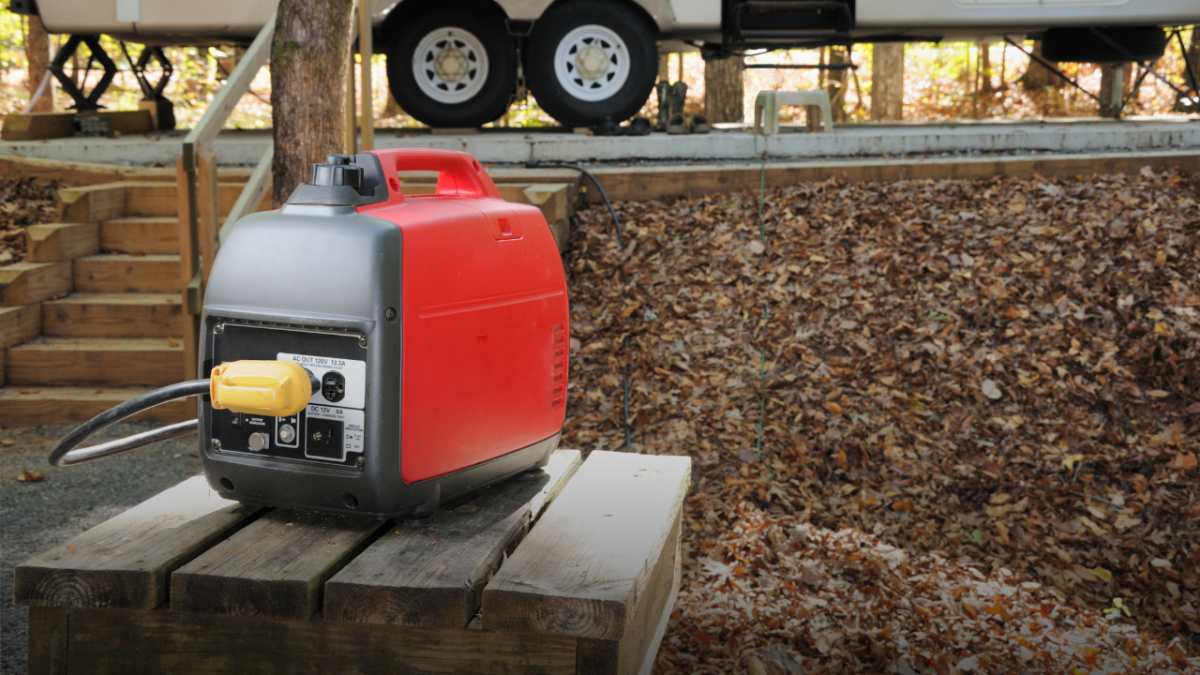
If you camp at spots without hookups, you’ll probably end up using a generator to power things like air conditioning, lights, or kitchen appliances. Generators burn fuel, and the cost adds up quicker than a lot of people expect, especially in hot weather when the AC is running more.
Solar panels can cut those fuel costs down if you camp off-grid often, but that’s a bigger upfront expense. If most of your trips involve campgrounds with hookups, you might not need a generator much at all.
4. Unexpected Repairs and Maintenance
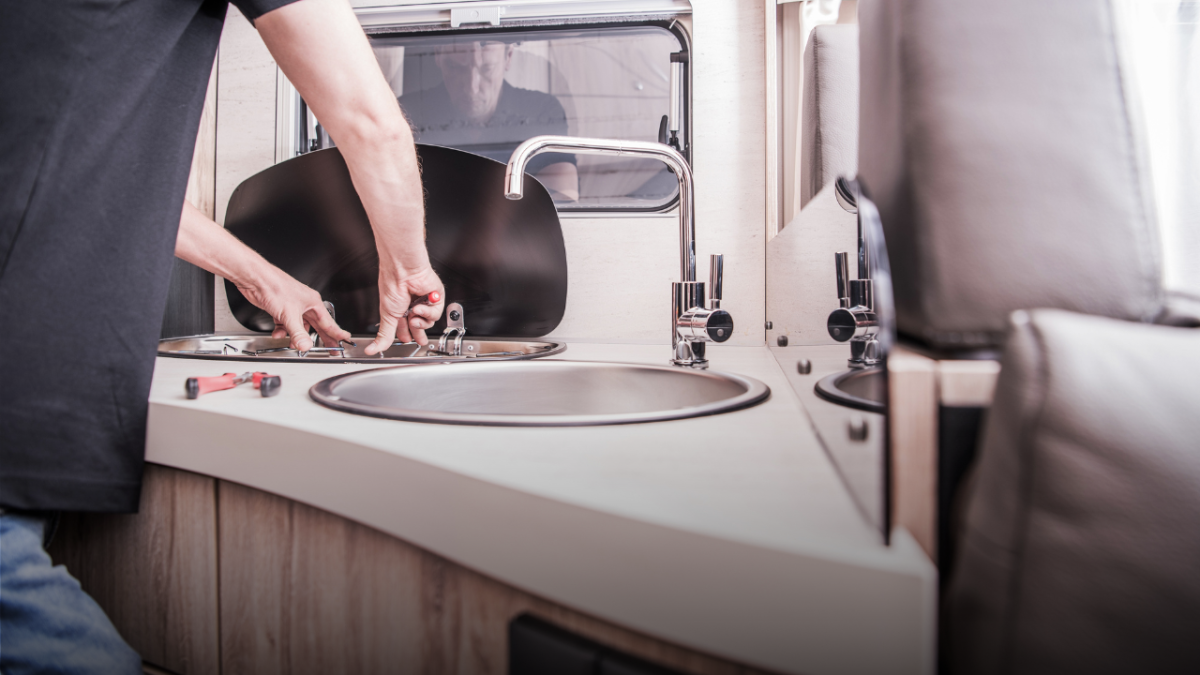
RVs have a lot more going on than just an engine and wheels. You’ve got plumbing, electrical systems, appliances, and sometimes slide-outs or leveling jacks. Things wear out and break. Roof leaks, busted pumps, or fridge issues are all pretty common, and fixing them isn’t always cheap.
RV repair shops usually charge higher rates than a regular mechanic, and parts sometimes have to be ordered. A lot of RV owners set aside money just for repairs, or learn how to handle the easier fixes themselves to avoid paying for things like replacing a water pump or fixing a loose cabinet.
5. Insurance Premiums
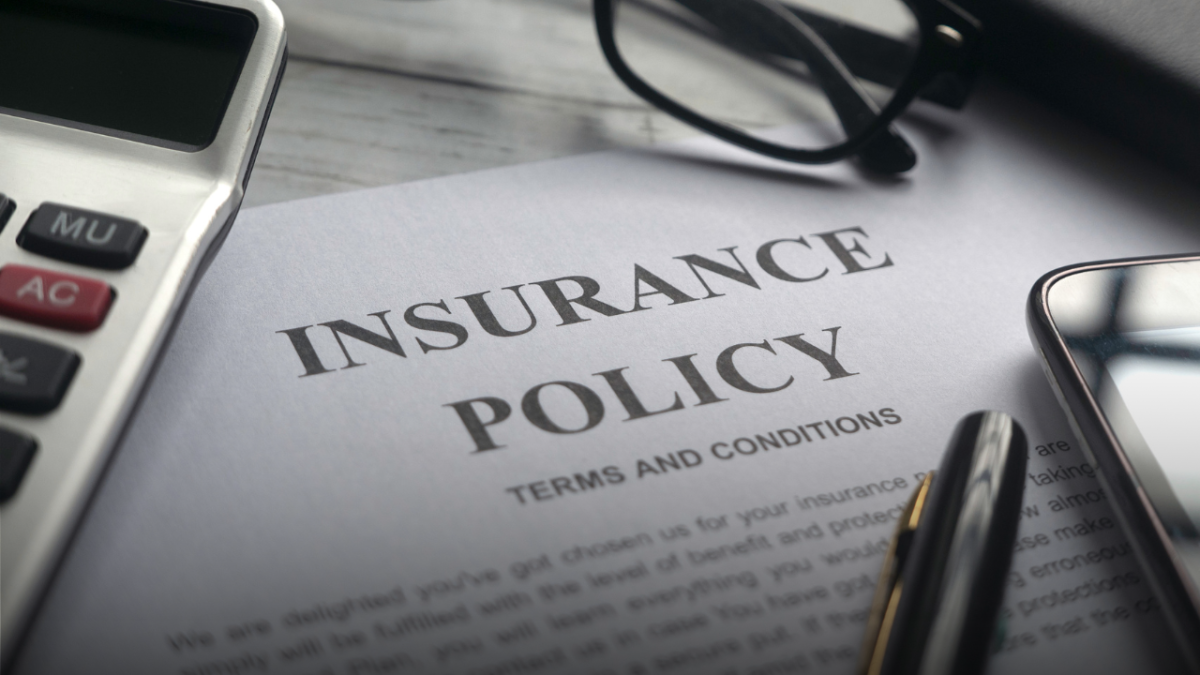
You can’t just get regular car insurance for an RV and call it good. Coverage depends on the size, value, and how you use it. Full-timers, for example, can pay more than someone who only takes weekend trips. Larger RVs cost more to insure, too.
Some people save money by shopping around, comparing quotes, or asking about seasonal policies if the RV is stored part of the year. Bundling RV insurance with your home or auto policy might help cut down the cost as well.
6. Annual Registration and Licensing Fees
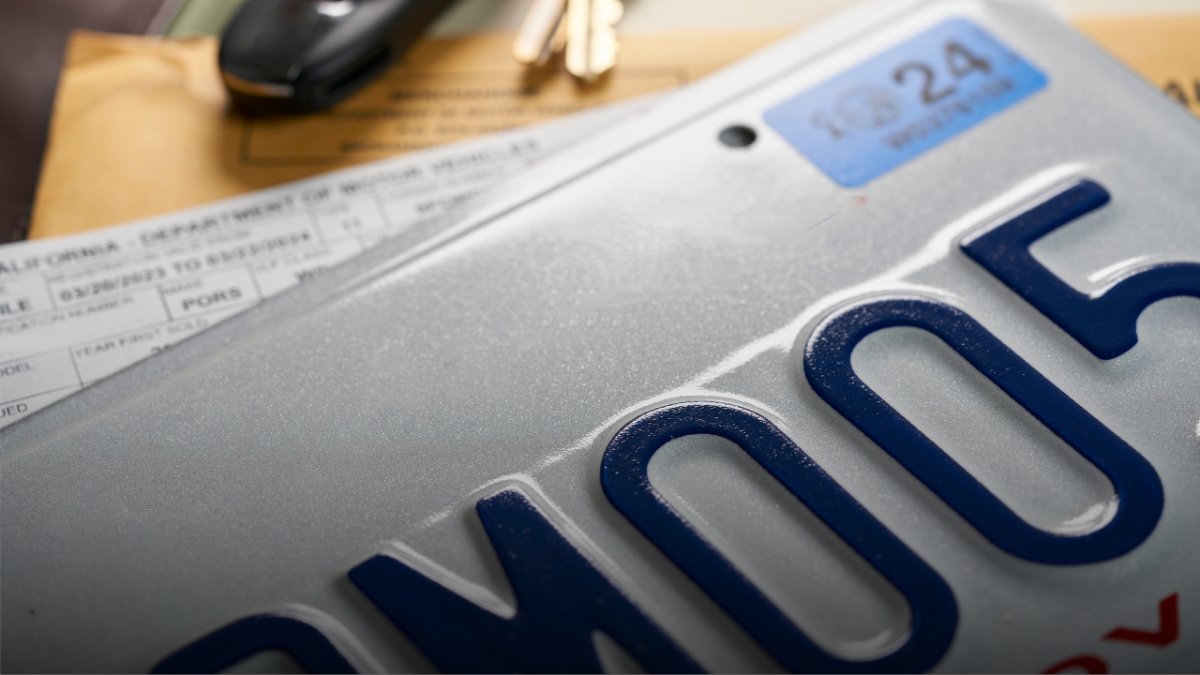
Once you buy an RV, there’s more paperwork to deal with than just getting it insured. You’ll have to register it through your state, just like any other vehicle. What catches some people off guard is that RV registration fees are often higher than what you’d pay for a car or truck. States usually base the fee on size, weight, or type of RV, so bigger rigs can cost quite a bit more to keep registered.
The best way to avoid surprises is to check with your state’s DMV before you buy. Some states offer reduced fees for older RVs or smaller trailers, so that’s worth asking about if you’re looking at used models.
7. Depreciation

RVs drop in value faster than a lot of other vehicles. If you buy a brand-new one, expect it to lose a big chunk of its value within the first couple of years, starting the second it rolls off the lot. That’s just how the market works. Even if you take great care of it, there’s no way around depreciation.
This is one reason plenty of RV owners buy used instead of new. A rig that’s three to five years old has already taken that initial value hit but can still have plenty of life left in it.
8. RV-Specific Gear and Equipment
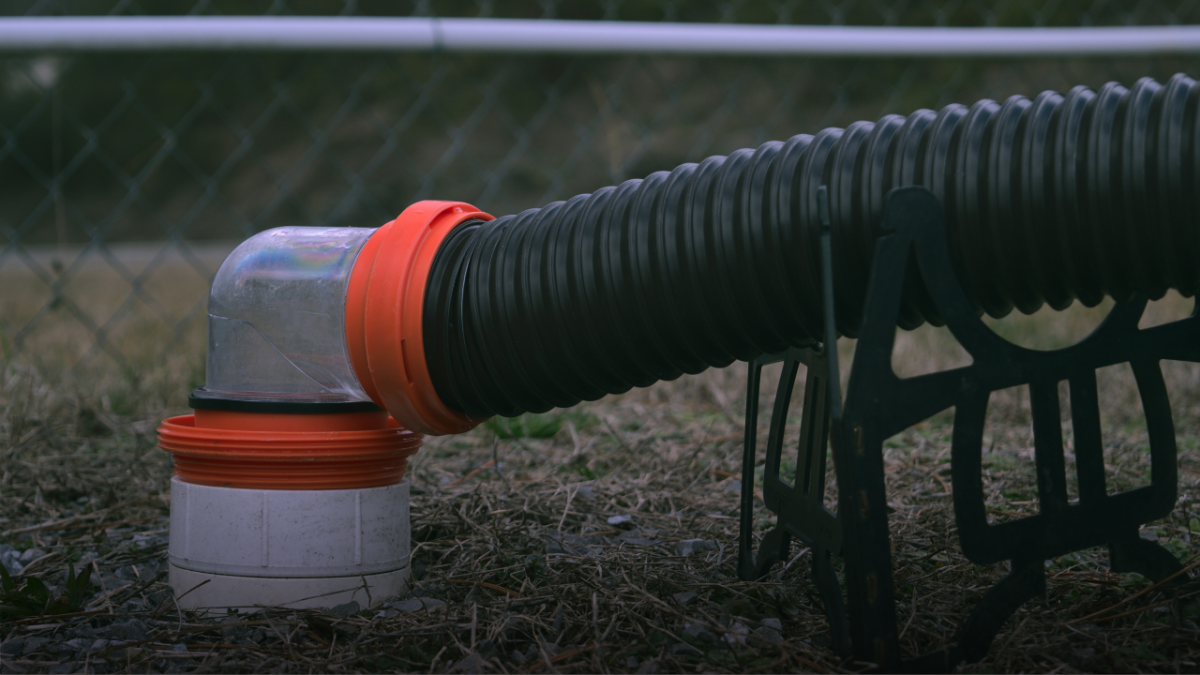
When you buy an RV, it doesn’t always come with everything you need to actually use it. Things like sewer hoses, leveling blocks, surge protectors, water filters, and wheel chocks all fall on you to buy separately. None of these items are that expensive on their own, but once you add them all up, it can easily run a few hundred dollars.
You can save a little money by buying these things as a bundle through RV supply stores or online. Still, it’s something a lot of people don’t factor in when setting their budget.
9. Internet Connectivity and Cell Boosters
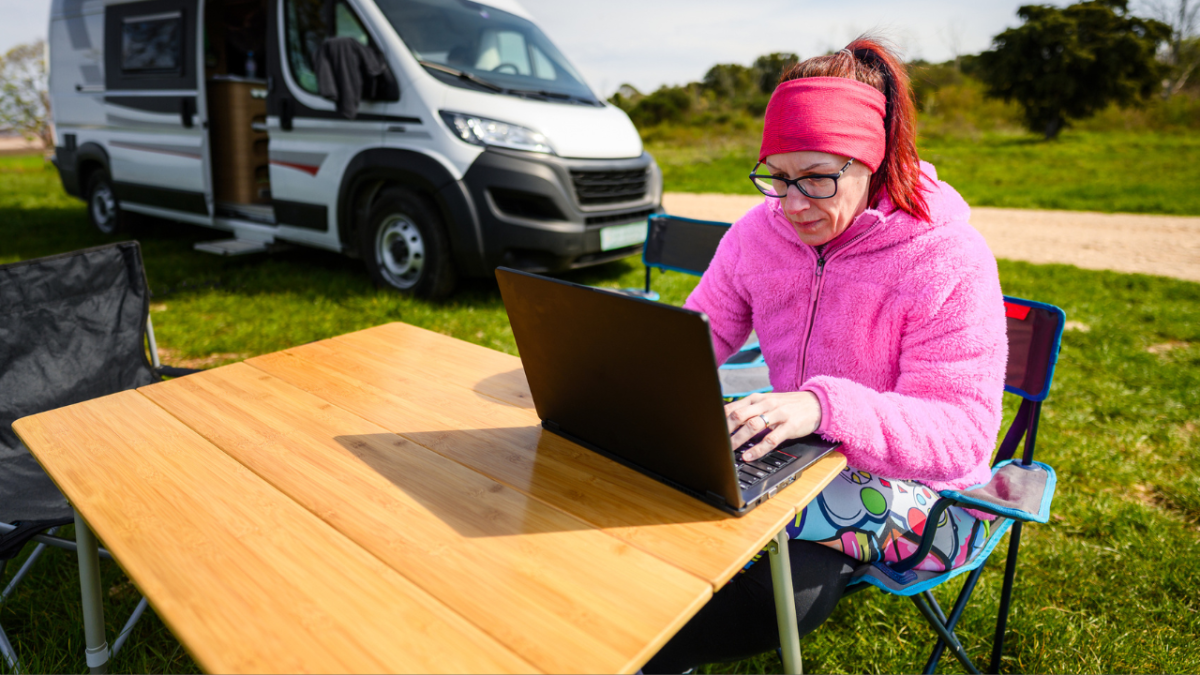
Staying connected while traveling sounds simple, but RV life can make it tricky. Campground Wi-Fi is usually slow or unreliable, especially when it’s crowded. That’s why many RVers pay for cell data plans, mobile hotspots, or even cell signal boosters to get better service in rural areas.
These things aren’t cheap. A basic mobile hotspot plan might run around fifty to one hundred dollars per month, not counting the cost of the device itself. If you rely on internet for work or need it for longer trips, it’s a real cost to factor in.
10. Emergency Roadside Assistance
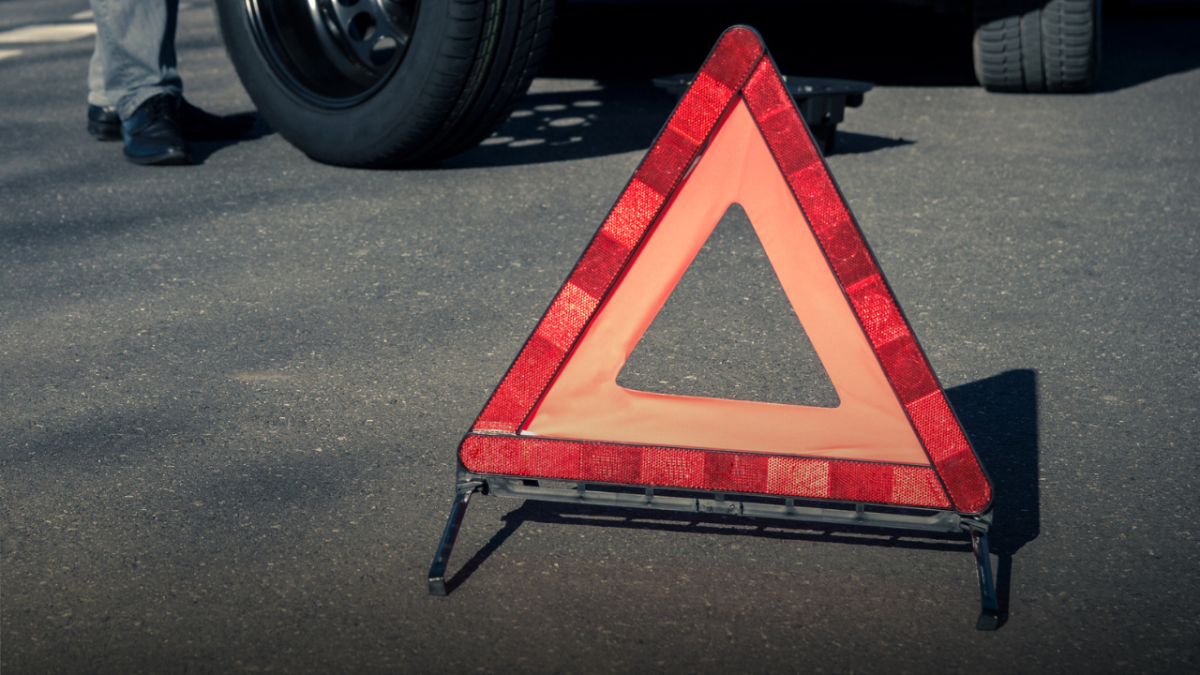
Breaking down in an RV isn’t like getting a flat tire in a regular car. Towing an RV requires special equipment, and not every roadside service covers it by default. That’s why a lot of owners pay for RV-specific roadside assistance plans through companies like Good Sam, AAA, or their insurance provider.
The cost varies depending on your RV size and the coverage level, but it usually runs higher than basic car roadside plans. Skipping it might save money up front, but paying for a big tow out of pocket can be a lot worse.
11. Laundry Expenses

When you’re on the road for more than a few days, laundry becomes part of the routine. Most RVs don’t have built-in washers and dryers unless you’re in a larger motorhome, so that means heading to laundromats or using campground laundry facilities. These places charge per load, and depending on the area, it can add up faster than people expect, especially if you’re traveling as a family.
Some RV parks charge higher rates than regular laundromats. Bringing enough clothes to last the whole trip and washing them when you get home can help, but for longer trips, it’s just one of those things you have to work into the budget.
12. Tolls and Road Fees

Driving an RV usually means dealing with toll roads now and then. What surprises a lot of new RV owners is that tolls are often higher than they’d pay in a regular car. Some toll roads charge by the number of axles, the weight, or the length of the vehicle, so larger RVs cost more.
Getting an electronic toll pass like E-ZPass can save some hassle if you travel through states that use it. It doesn’t lower the fee, but it helps you avoid cash lanes and sometimes qualifies you for a discounted rate. Planning your route to avoid major toll roads is another way to save a little if you’re not in a hurry.
13. Towing Equipment
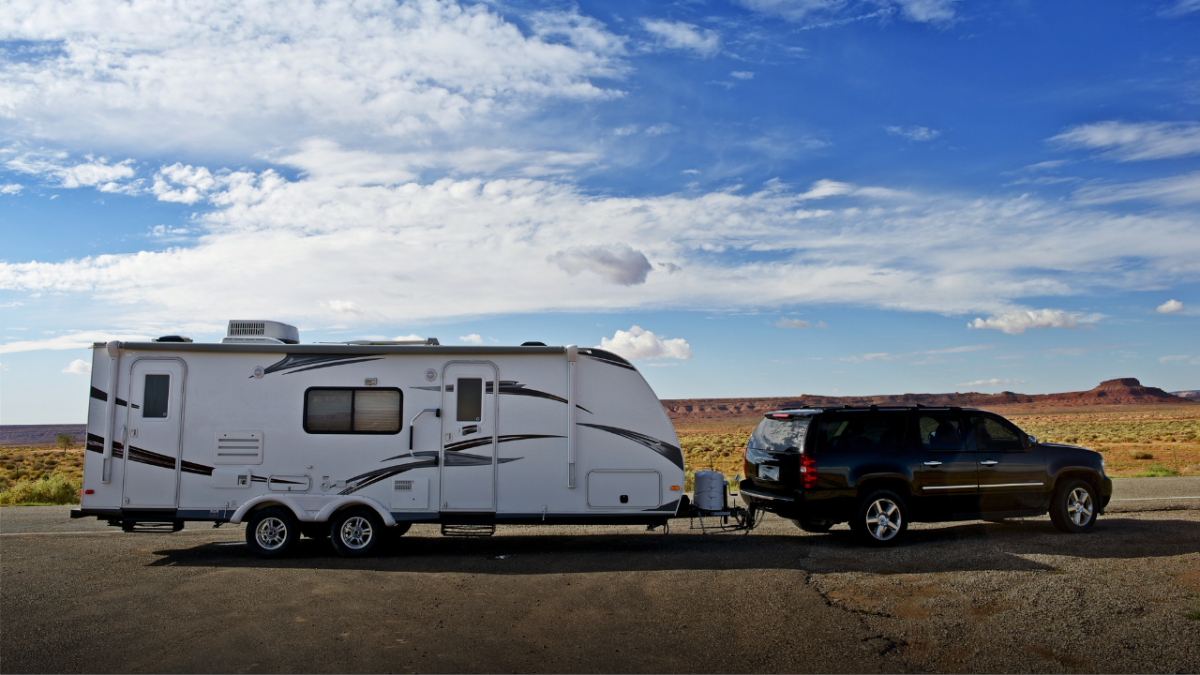
Plenty of RV owners bring along a second vehicle, like a car or small SUV, so they have an easier way to get around once they park the RV. Doing that requires towing gear, such as tow bars, braking systems, and hitch setups. The cost of all that equipment can be more than expected.
Prices vary depending on what you’re towing, but getting everything installed by a professional usually costs more than buying the parts themselves. If you only plan on bringing a second vehicle now and then, renting one at your destination might be a cheaper option compared to buying all the towing gear up front.
14. Utilities at Campsites
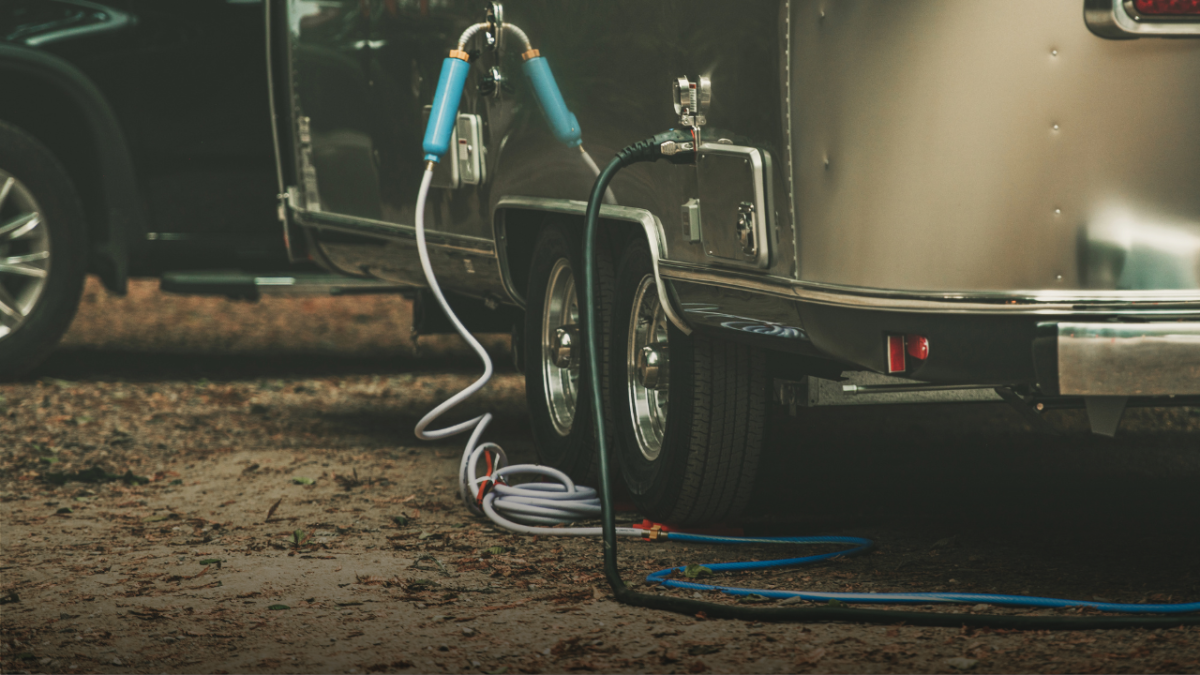
Not all campsites include things like electricity, water, or sewer hookups in their base price. Some charge extra depending on what services you use. This is especially common at private RV parks that offer tiered pricing based on the size of your RV and which hookups you need.
If you don’t need full hookups all the time, sticking with simpler campsites or boondocking on public lands is one way to save. In fact, I like to boondock a day or two in between stays at full-hookup RV parks to save money. Just know you’ll be relying on your generator or solar setup when there’s no power available.
15. Subscription and App Fees
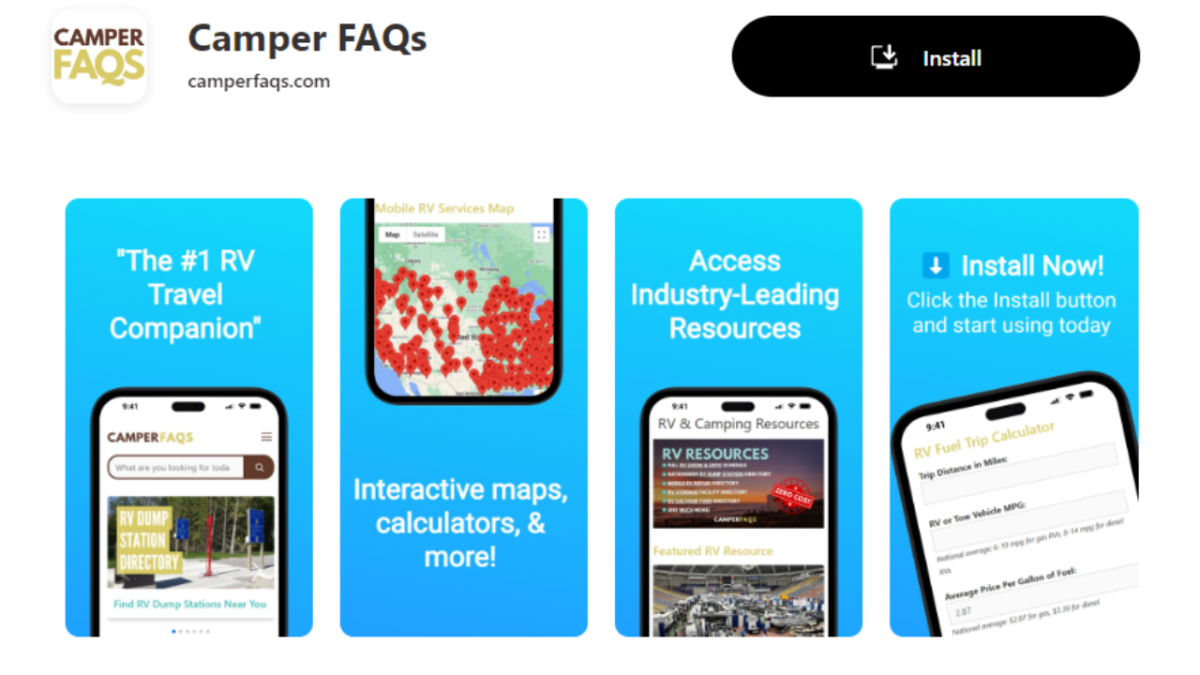
Apps like RV LIFE Pro, which help with trip planning, route navigation, and finding campgrounds, aren’t free. For example, RV LIFE Pro costs around sixty-five dollars per year if you pay annually, or twenty dollars per month if you go month to month. That might not sound like much, but if you use several paid apps, it adds up over time.
For people who travel often, these apps can definitely make life easier, especially for things like finding dump stations or avoiding low-clearance bridges. If you only RV a few times a year, sticking with free tools like Google Maps or public campground websites might be enough without needing the paid versions.



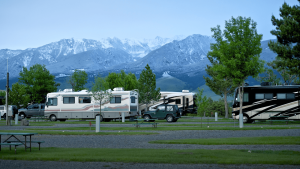

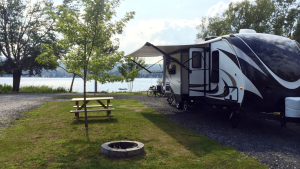

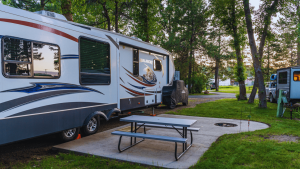
Very educational, good info for first time buyers. Soooooo much to think about!!!! Thank You for your help !!
Thanks, Mike! There is a lot ot consider! Feel free to ask questions here or in our community if you have any.
I have to say, just having your rv worked on. It’s so expensive and all the hidden costs really do add up. So yeah, think ahead, before you buy.